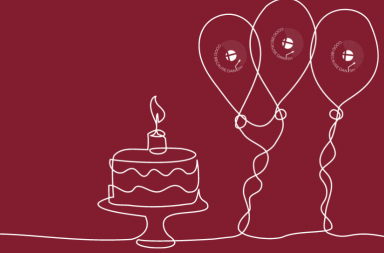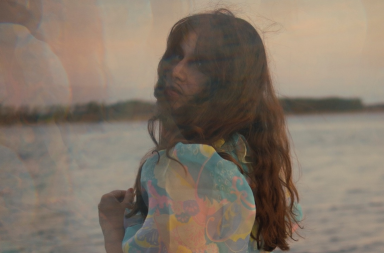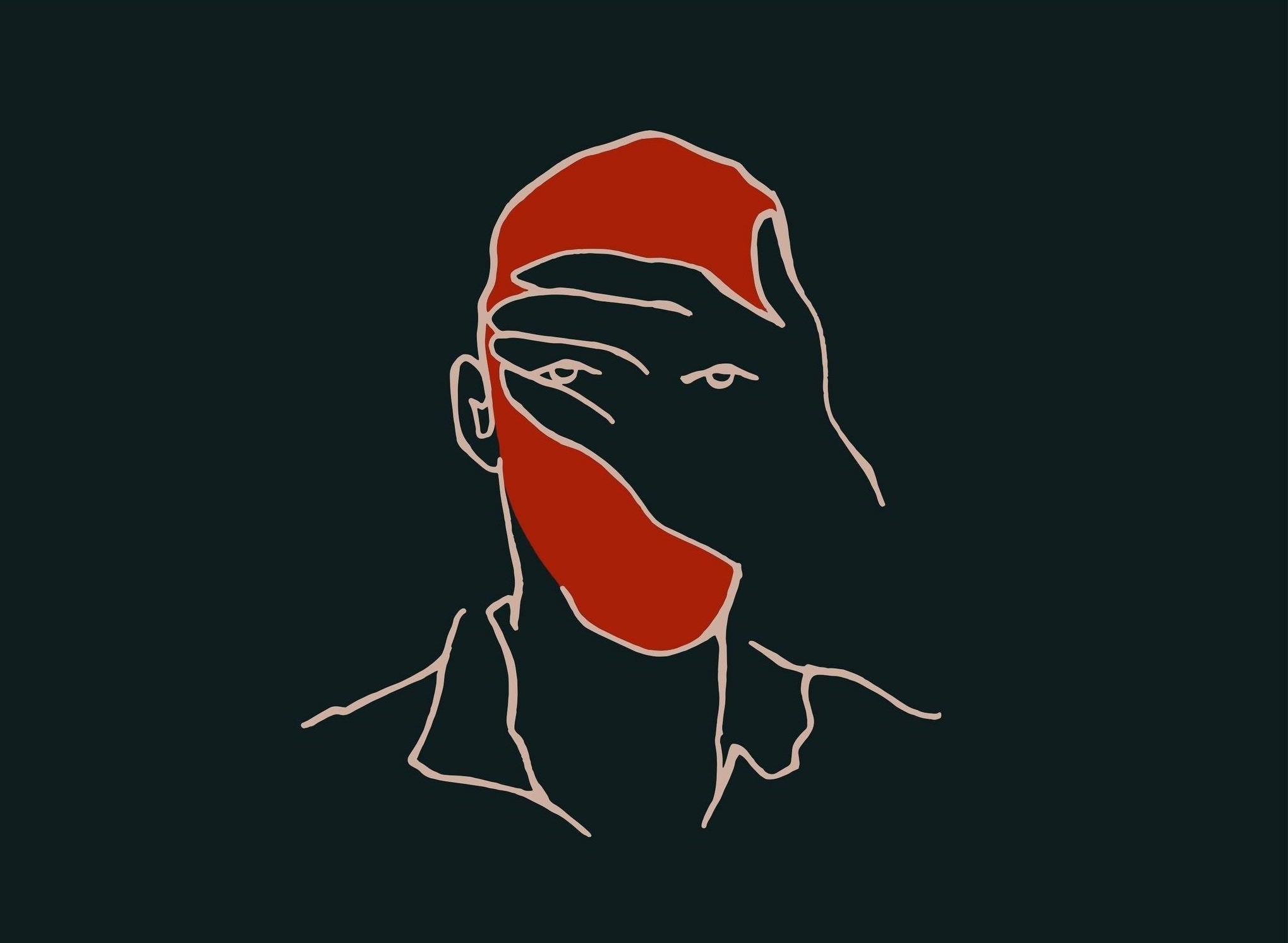Mademoiselle Karen, a Danish artist with Polish language knowledge. Her music is wonderful – just like herself. Good because Danish had the chance to talk with the artist during a very interesting time: in-between releasing her new album „Comme Les Garçons” and coming for a tour to Poland. Ania was able to talk to Karen:
Good because Danish: What was the origin of your project Mademoiselle Karen? What inspired you to give it this particular “shape” with a French personality?
Karen: I have many different inspirations! I love to travel and to meet people, whenever I come to a new place I want to speak their language. It’s important for me to understand their culture better and to get to know them, and for me the language is the key. And why French? I am married to a French guy and he introduced me to this language. When I sing in French, I’m using a more simple language compared to singing in Danish. Using Danish makes me want to write more complex songs, so somehow it’s easier for me to write in French.
Your new album, released at the beginning of March, is very feminine, so why is it called „Comme Les Garçons”?
I wanted to include the guys from the band (Troels, Hans and Martin) in the title, since they have been a big part of creating the songs. I even thought about changing the band name Mademoiselle Karen, but I’ve decided it was too much. So that’s why it felt right to have the title about guys. „Comme Les Garçons” is also a refrain in one of the songs on the album “Il Parle La Langue Avec La Lanque”, which is a song about searching for love but all the time letting it pass you by.
Do you have a favourite song from „Comme Les Garçons”? Maybe there is a special story behind it?
Oh, that’s hard… I like each of them in a different way. “L’été” for example, it’s a really long song and I love how it’s building up. It has a special and very strange vibe, which I like, and we worked on the song all of us in the band, which you also can hear. But it’s just one of my favorites. I like the other songs on the album as well, and every song means something special to me. The Polish song “Tuli Pan”. The Danish song “Husker Alt” (“Remember everything”) is really personal to me. It’s fun to play “Doo-wop” at concerts with audience. I like “Il Parle la Langue Avec la Langue“ as well. Stories…There is a story behind “Perdue”: It’s about, when I was lost in Paris and the plane was cancelled, two days before Christmas.
You sing a lot about relationships that didn’t work out so well, for instance in “Kawa Zimna” or “Games”. What makes you choose that theme?
Well, failed love is always a theme you can write about, and I think everyone has tried to be left alone or to leave someone. I have had a pretty stable love life myself for the last 9 years, and I guess I’m interested to write about something opposite than myself. There are also other songs on the album that are about missing someone and to feel lost („Perdue”, „Husker Alt” and „La Vie Et La Mort”). These songs are based on my sister who died in 2008, and I’m now ready to put down the words, for the sorrow I have had.
In one of your past interviews you’ve said that singing in different languages influences your music. In what way?
Singing in a certain language creates a specific atmosphere; sometimes one language describes a particular situation better than the others. Even in conversations – I could all of a sudden start using a different language without noticing because it feels more natural.
Does singing in a particular language influences you in terms of state of mind or provides different energy during performance?
Yes, I think so. For instance, singing in Danish does, as it is my personal language. When I use it I get softer, more sensitive. You can hear it on “Comme Les Garçons” – when I sing in Danish I get more melancholic. When I sing in Polish or French it feels more distant as I don’t know those languages that well, I’m not so focused on the lyrics and I can let out the energy.
How do you pair a song with the lyrics’ language? Is that a matter of chance or planned?
Usually I start with the lyrics. When I have a story in my head the language comes along with it. Sometimes it just sounds good to sing it in that language, it has a right melody. For example “Comme Les Garçons” sounds really good in French. It comes natural, I don’t really plan it. For the songs in Polish my friend Elza Jaszczuk writes the lyrics. The music is created together with the band. Especially the drummer and producer of the album, Troels Drasbeck, has had a great influence on “Comme Les Garçons”.
Can you name a Danish artist you find inspirational or Danish music you are listening to at the moment?
Hmm, that’s hard. I don’t really listen to Danish music at the moment. Not much. There is this girl called MØ who just released her debut album and has a great power. And also an artist called Chorus Grant, his new album is really beautiful and I can highly recommend it, worth checking out.
In the beginning of April you’re coming for a tour to Poland. It won’t be your first visit here; you were touring around the country quite a lot. How did that happen, that you have chosen Poland as your musical destination? Is it because of Czesław Mozil or maybe some different reasons?
Yes, definitely Czesław. He involved me in projects here: “come and play this concert”, “come and do that”… so I did!
How did you two meet?
We went to high school together and to Music Academy (Royal Danish Academy of Music) and shared a flat as well. So we know each other for a long time.
In what way did touring with Czesław Śpiewa influence Mademoiselle Karen?
Working with Czesław really influences Mademoiselle Karen, we share musicians, and we all creates the music together. We also share a couple of working partners like label, booker and sound engineer.
Is there something surprising or strange about Polish culture, from a Danish perspective? Or maybe something you are longing for when you are in Denmark?
What is different about Poland and Denmark is the history. Poland has been more influenced by its history than Denmark and it still is. Polish people live closer to the history and it has both good and bad aspects. I have often more interesting conversations when I’m in Poland, and I am not afraid to talk about serious matters, I really like that.
What I miss about Poland when I’m in Denmark? My life in Poland is mostly music; sometimes I miss Poland because I miss playing music.
Where do you see your future as an artist, in which country?
Well, you never know…Now we are staying in Copenhagen as we live here, but we are open for possibilities. I would like to live in France to learn the language better, but it’s good to live in Denmark, we have a good life here because of the Danish system. I hope there will be many, many places for me, not just one.
Mademoiselle Karen’s new album is out now and you need to listen to it! The Polish audience has a chance to see her live at the beginning of April when she will visit 8 Polish cities. HERE you can find details about Mademoiselle Karen’s Poland tour.





